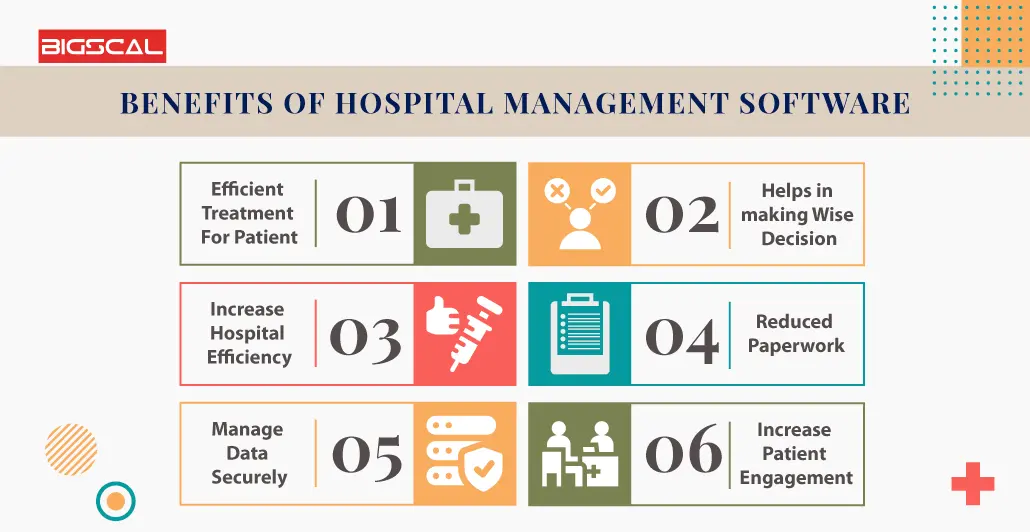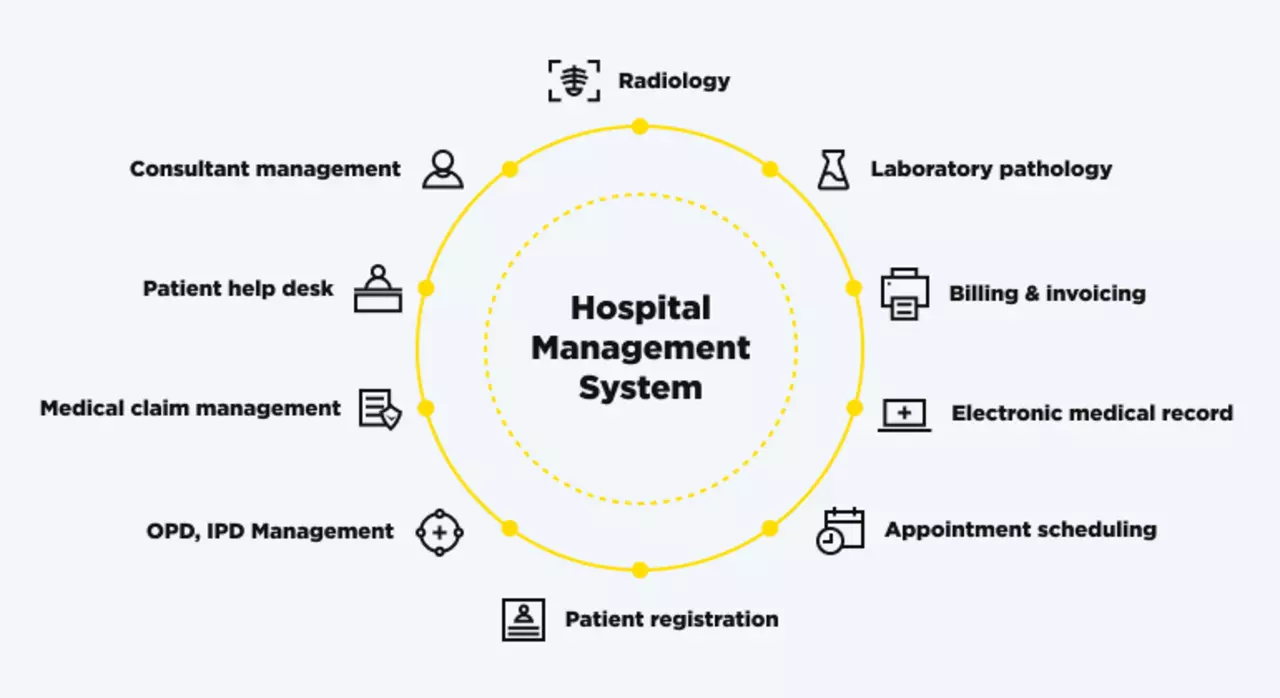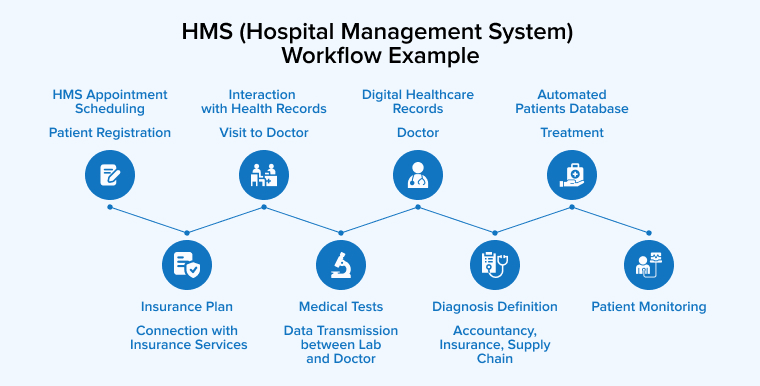Explore the hidden secret behind the success of top hospitals: the effective use of Hospital Management Software (HMS). This blog delves into the features, benefits, and future advantages of implementing HMS, showcasing how it streamlines operations, enhances patient care, and improves overall hospital performance.
The Hidden Secret Behind Top Hospital Success: Hospital Management Software

In the fast-paced world of healthcare, success hinges on effective management and streamlined operations. One of the best-kept secrets of top-performing hospitals is their use of advanced Hospital Management Software (HMS). This blog explores the features, benefits, and future advantages of implementing HMS, revealing how it transforms healthcare delivery and enhances patient care.
Key Features of Hospital Management Software
- Patient Management: Efficiently track patient records, appointments, and medical histories.
- Billing and Invoicing: Automated billing systems simplify payment processing and insurance claims.
- Appointment Scheduling: Streamlined scheduling tools reduce wait times and improve patient flow.
- Inventory Management: Monitor medical supplies and medications in real-time to avoid shortages.
- Reporting and Analytics: Generate detailed reports on hospital performance and patient outcomes.

Benefits of Hospital Management Software
- Enhanced Efficiency: Automates administrative tasks, freeing up staff to focus on patient care.
- Improved Patient Care: Quick access to patient information enables timely and accurate treatment.
- Data Security: Protects sensitive patient data with secure storage and access controls.
- Regulatory Compliance: Helps hospitals meet industry regulations and standards effortlessly.
How HMS is Used in Top Hospitals
Leading hospitals utilize Hospital Management Software in various ways:
- Streamlined Admissions: Simplifies the patient intake process, enhancing the overall experience.
- Effective Communication: Facilitates seamless communication among doctors, nurses, and administrative staff.
- Patient Engagement: Provides patients with access to their medical records and appointment scheduling online.
- Analytics and Reporting: Allows hospitals to make data-driven decisions for continuous improvement.

Advantages of Implementing HMS
- Cost-Effectiveness: Reduces operational costs by minimizing paperwork and optimizing workflows.
- Scalability: Adapts easily to the changing needs of growing healthcare facilities.
- User-Friendly Interface: Intuitive design ensures quick adoption by staff and reduces training time.
Future Benefits of Hospital Management Software
As technology evolves, the benefits of HMS will only increase:
- Telemedicine Integration: Supports remote consultations and care, expanding access for patients.
- AI-Powered Analytics: Leverages artificial intelligence for predictive analytics and improved decision-making.
- Interoperability: Enhances data sharing between different healthcare systems for holistic patient care.

Support and Training
Top hospitals often provide comprehensive training and ongoing support for their HMS. This ensures that staff are proficient in using the software, leading to smoother operations and better patient care.
Your Benefits
By adopting Hospital Management Software, you not only streamline operations but also enhance the quality of care provided to patients. Improved data management, reduced wait times, and better communication lead to higher patient satisfaction and better health outcomes.
Conclusion
The secret to the success of top hospitals lies in their ability to harness the power of Hospital Management Software. By implementing HMS, healthcare facilities can achieve greater efficiency, improved patient care, and a stronger bottom line. As the future of healthcare continues to evolve, investing in robust management solutions will be essential for maintaining a competitive edge.





